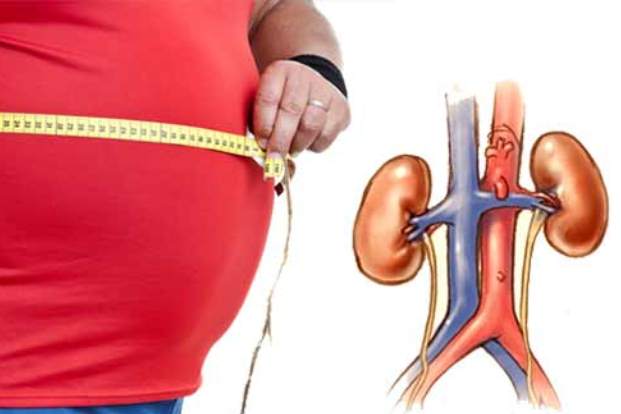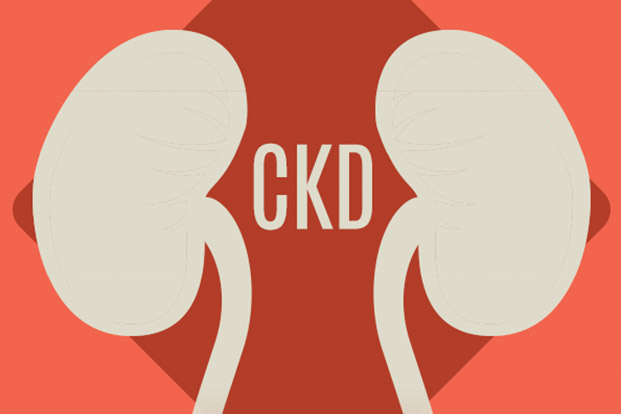Categories
- Bariatric Surgery (11)
- Black Fungus (5)
- Bone Marrow transplant (3)
- Brain Tumor Surgery Navigation Technology (20)
- Cardiac Surgery (66)
- Cardiology (97)
- Computer navigation technology for joint replacements (20)
- Covid Vaccination (17)
- Critical Care (2)
- Dental (19)
- Dermatology (31)
- Dialysis Support Group - “UTSAAH” (11)
- Dietitian (33)
- Emergency Medicine (4)
- Emotional Health (11)
- Endocrinology (33)
- ENT (20)
- Gastroenterology and GI Surgery (53)
- General and Laparoscopic Surgery (21)
- General Surgery (4)
- Gynecology & Obstetrics (183)
- Hematology (20)
- Internal Medicine (294)
- Kidney Transplant (50)
- Kidney Transplantation (20)
- Lung Cancer (8)
- Minimal Invasive Surgery (1)
- Mother & Child (20)
- mucormycosis (5)
- Nephrology (61)
- Neurology (147)
- Neurosurgery (68)
- Nutrition and Dietetics (107)
- Omicron Variant (1)
- Oncology (288)
- Ophthalmology (10)
- Orthopaedics & Joint Replacement (86)
- Paediatrics (59)
- Pediatric Nephrology (3)
- Physiotherapy (5)
- Plastic & Reconstructive Surgery (6)
- Psychiatry and Psychology (90)
- Psychologist (28)
- Pulmonology (72)
- Rheumatology (13)
- Spine Services (21)
- Transradial Angioplasty (16)
- Urology (84)
Query Form
Posted on Apr 19, 2022
The Effect of Obesity on Chronic Kidney Disease
Overweightness and obesity are associated with many hemodynamic, structural, and histopathologic alterations in the kidney and with metabolic and biochemical changes that predispose to these abnormalities. Consequent to these disorders, these individuals are more likely to develop chronic kidney disease and end-stage renal failure. Overweight and obese people are more prone to develop albuminuria and, for at least some types of kidney disease, a greater amount of albuminuria and more rapid progression of renal failure. These individuals are more likely to develop diabetes mellitus and hypertension. Diabetic nephropathy, hypertensive nephrosclerosis, focal and segmental glomerulosclerosis, renal cell carcinoma, and urate and calcium oxalate urolithiasis are the more common kidney and urological diseases reported in obese people. Preliminary data indicate that many of the clinical and neuropathologic manifestations associated with obesity can be reversed or ameliorated with reductions in body fat induced by dietary energy restriction or surgical procedures that reduce intake and gastrointestinal absorption of calories.

As an indirect cause, obesity increases the risk of the major CKD risk factors – type 2 diabetes and high blood pressure. A direct cause would be when the kidneys have to work harder, filtering above the normal level, called hyperfiltration, to meet the metabolic demands of the increased body mass index (BMI) in individuals affected by obesity. This increase in normal function is also associated with a higher risk of developing CKD in the long-term.
How are a person affected by obesity and CKD treated?
The integration of a healthy diet, physical activity, and refreshing sleep is the focus of management of the patient with obesity and CKD. There are a number of cell phone applications that allow the individual to track daily dietary intake and physical activity to aid implementation. These recommendations may be helpful, whether or not you have CKD.
A person affected by obesity should consider the positive benefits of weight reduction, which include the prevention or risk reduction, and in some cases cure of chronic diseases like diabetes, high blood pressure, cardiovascular disease and CKD. Kidney screening tests, such as annual eGFR and urinary albumin-creatinine ratio.



